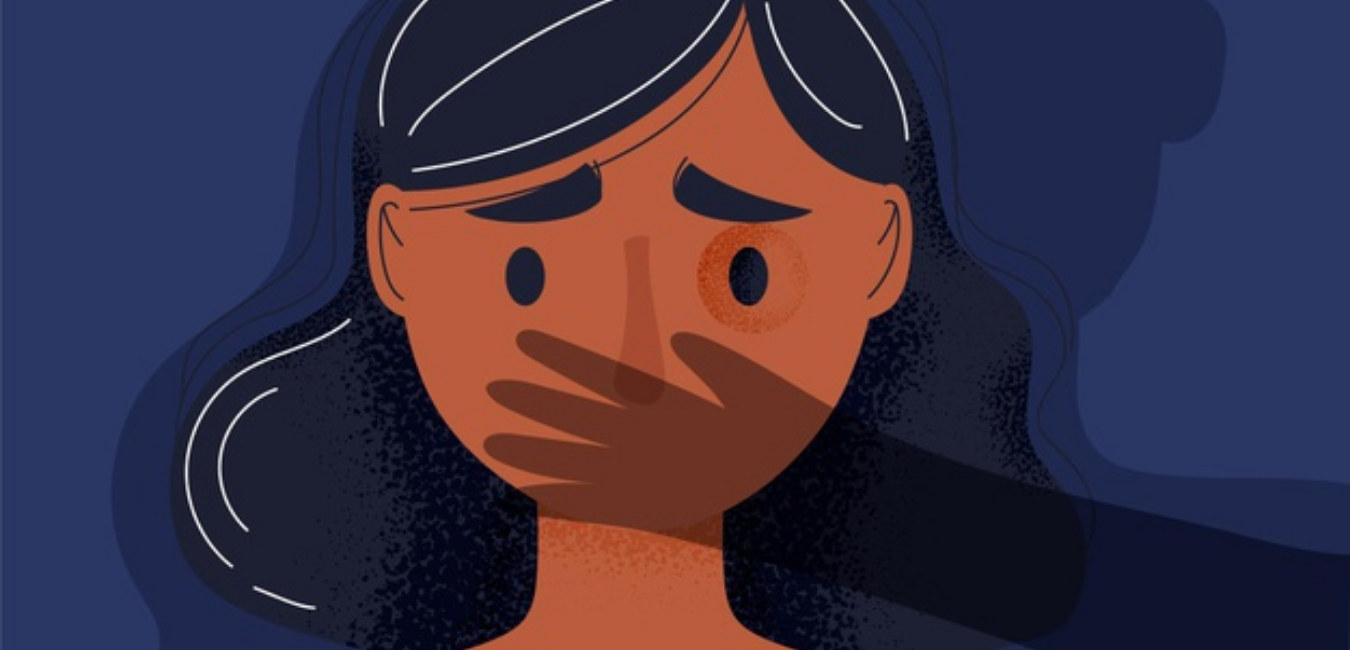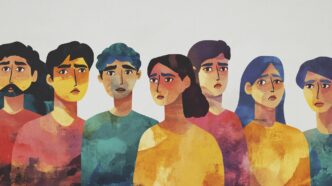It’s Nisha’s first day of university. She is very excited thinking about all the new people she will meet, all the friends that she is going to make. Suddenly the bus stops and halts her racing thoughts. She has reached her destination, her new university. She just has to make it to the other end of the bus. She just has to make it to that door. There are a lot of people in the bus today, most of them, standing. She is carefully making her way towards the front.
Suddenly, she feels a touch. Someone has touched her back and quickly moved away. She didn’t think too much into it – it’s not a big deal. There’s a guy standing in front of her. He is not giving her any space to advance forward. “Excuse me”, she says, and tries to move carefully. The guy pushes her as if he didn’t even see her. She doesn’t mind. Maybe it was an accident. She slowly approaches the main gate. Suddenly someone grabs her thighs. She sees the man who did it and stops. But she was already at the main gate and was obstructing other passengers from moving. She leaves through the main gate. The chirpiness she possessed was gone at this point. She feels extremely uncomfortable, unsafe and shaky. This painful walk through crowded buses always left her really tired. Disappointed. Disgusted.
This is nothing new. Eve teasing in public transports is one of the most common forms of sexual harassment against women, especially in South Asia. And the scary thing is, there is no substantial effort in place to stop such harassment.
#Notallmen But Definitely All Women
A 2018 study by BRAC has revealed that 94% women commuting in public transport in Bangladesh have experienced sexual harassment in verbal, physical and other forms. A whopping 94%!
This may just be perceived as a number, but it isn’t. This means that if we know 10 women around us who use public transports, or have used, at any point in time, it is almost always true that at least 9 of them have faced harassment in their transportation. So, yes. #Notallmen, but definitely all women.
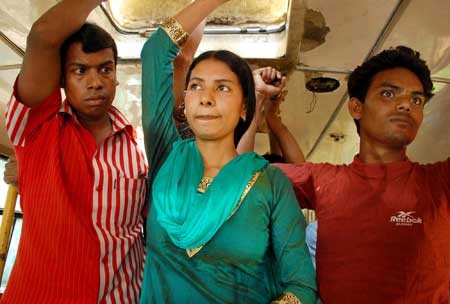
Who Are the Harassers, and How Do They Dare?
The same study revealed that most perpetrators were older men aged between 41-60 years. One might wonder what gives these criminals the audacity to do such things with such ease – there must be laws that protect women against sexual harassment.
However, the problem ultimately lies in the policies that are supposed to protect women from such situations. Incredible it may sound, but there is no specific law against eve teasing in Bangladesh. In the original version “Prevention of Violence against Women and Children Act of 2000”, there was provision of penalty against offences like “indecent verbal or physical gestures motivated with an illegal sexual intention” (article 10.2). But the act was amended in 2003 where no one can be charged with sexual abuse of a woman until it is physical. It’s incredible that such a law has been changed.
The Road Transport Act says to reserve nine seats at the front of buses for women, children and people with special needs, but it is consistently violated by male commuters. And there are no consequences. Such loopholes in our judicial system have made it very easy for creeps to harass women. But I would say the reason for eve teasing in public transports is less legal and more social.
The Role of Our Misogynistic Society
The social structure of Bangladesh is inherently discriminatory against women. Basically, violence against women is socially and culturally accepted, tolerated, subtly celebrated and legitimized. Women are blamed for their attire when someone sexually harasses them. Women are blamed for working late at night. Women are blamed for wearing makeup.
In the 2018 study mentioned before, in response to the question ‘What do women do when they are victim of such harassments?’, 81% women said they have kept silent while 79% said they moved away from the place of harassment.
Rabeya (not real name), a 21-year-old student from Jahangirnagar University, said that, “there are many instances where I called out my harassers on the road and public transport. At times, there would be one or two males who would support me and the harasser was thrown out of the bus. There were also times when nobody supported me and blamed me for creating a scene or being excessively rude. It made me think that the male approval and support is needed for women to be heard and actions to be taken in such situations.”
The mental impact of eve-teasing on women and young girls has been overlooked by a lot us as we had to put more emphasis on other serious types of sexual violence. Eve teasing in public transports might be a daily occurrence for us women, but the frequency should not minimize the impact of the horrible action. Numerous reports suggest that eve teasing can lead to anti-social personality disorder, anxiety, depression, frequent panic attacks and even suicide. Restriction of women to go outside can be imposed by families which has severe impact on their education, social life and mental health. And yes, women have to endure all that but the perpetrators walk free.
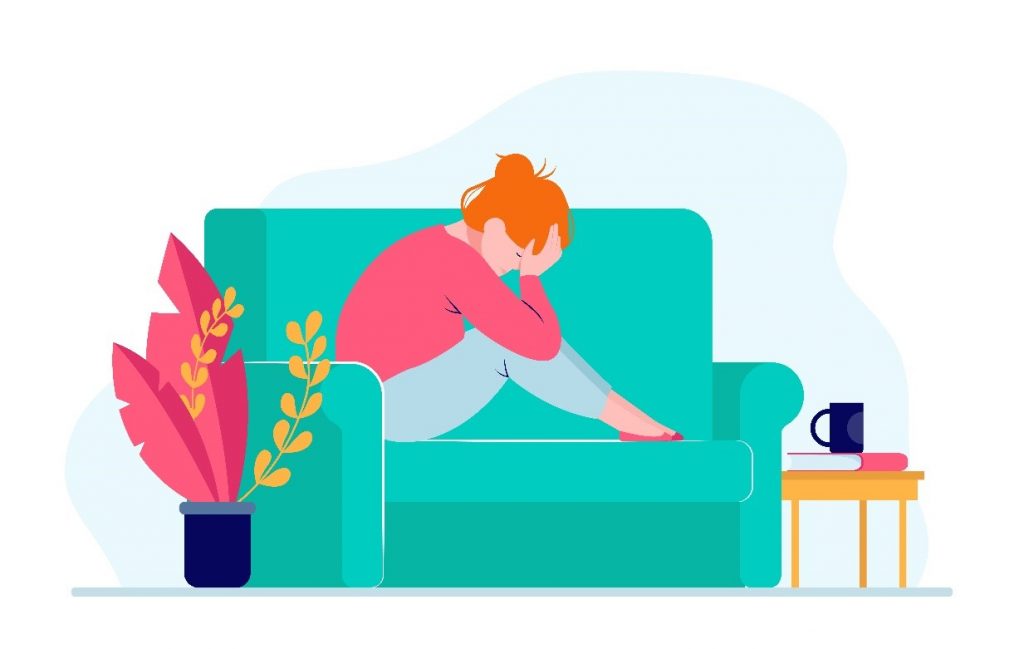
What are we doing to prevent this act?
Now there are different ways to minimize these problems. Many say that legal system should be stricter, monitoring using CCTV camera in public transports would make it easier to identify harassers, moral education and the list goes on. But it is easier said than done. Just like every other problem that women face, it is expected from women to shoulder the responsibility to protect themselves from eve-teasing.
Most middle to higher middle-class women are left to choose between taking an auto-rickshaw, a taxi or an Uber/Pathao to get to their destination. But Auto-rickshaws are hard to find and taking an Uber or taxi can be too expensive. Bikes can be cheaper compared to cars, but some women feel uncomfortable sitting very close to a male stranger even when they are well behaved. Most families discourage females to ride alone with a male driver. Despite all these factors, the speed and cost effectiveness of bikes in traffic-clogged roads of Dhaka has made it really popular among women.
Scooters & Bikes: A Symbol of Women Empowerment
In the recent years, women-only buses and ride sharing apps where both the drivers and users are women have become extremely useful for working women in Dhaka city. Lily, OBON and PINK SAM have amassed a large consumer base already. This has not only made women more confident in commuting, but also empowered female drivers and created employment for them.
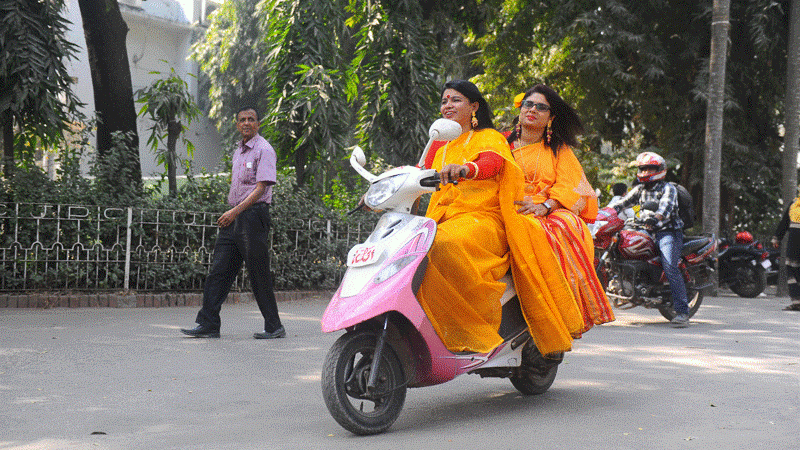
Women have also been taking matters into their own hands despite social and religious barriers. Buying a bicycle or a scooter, learning how to ride it and driving it all around Dhaka city are three things that are easy to say but none of us have any idea how many social and religious barriers had to be crossed to do these simple things.
In one of her interviews, Israt Khan Mojlish, the founder and president of the Bangladesh Women Riders Club, said that,
“A bike is not just a vehicle to move around – it’s a symbol of women’s advancement in Bangladesh.”
Unfortunately, female drivers have to endure sleazy remarks and glares from male drivers and pedestrians all the time. It is still not safe for women to ride alone at night. Such scenarios discourage women to be a female driver, which is one of the key reasons why we don’t have as many female drivers as males.
Women Are Protecting Women, But So Should Men
However, our brave and endearing Bangladeshi women are stepping out of their comfort zone and overcoming every social barrier. Some of them are becoming female riders keeping other girls safe. Women are finding ways to protect themselves from eve teasing in public transports. But is it just the duty of women? No, it’s not. It is our collective duty to stop it. And it should start from us. If we see someone being sexually assaulted in a public transport, we need to call it out. Men should do it more often as we have already mentioned, females are not paid much attention when they complain and victim blaming is the favorite pastime of many in our country. In this patriarchy, men should speak up even more than women as it is the men’s voice that will be heard.
